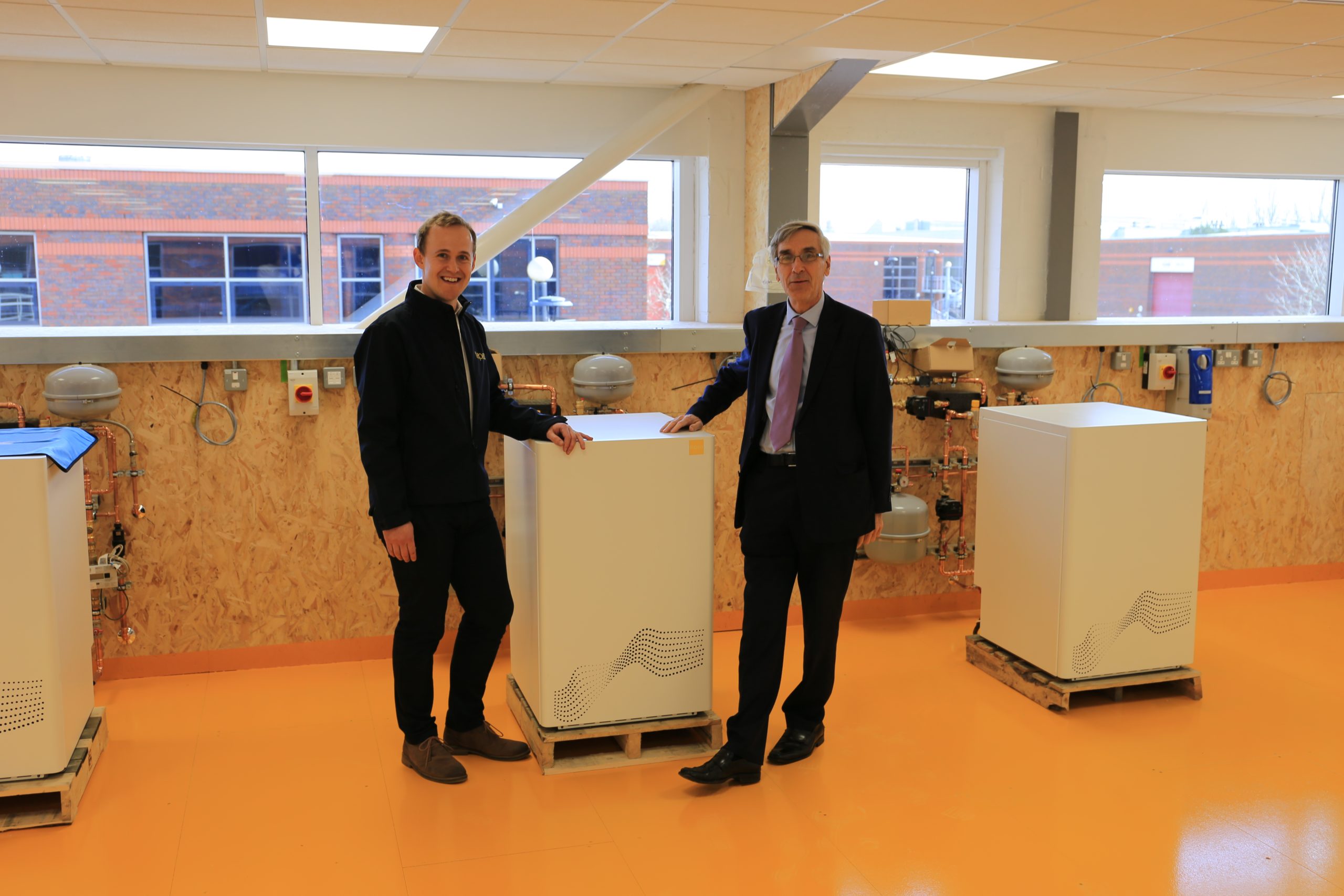Devolution and growth
There is no evidence that devolving power to regional governments in the Uk foster more economic growth.Indeed there is evidence the opposite is true. SNO Scotland and Labour Wales have grown less than England. The NHS in Scotland and Wales both cost more per head but perform less well than NHS England.
There is no reason why an additional layer of government with more officials would make somewhere more prosperous. Regional governments want to impose more and different regulations than the national government. Both the Welsh and Scottish governments wanted longer and tougher lockdowns for covid to add to the damage lockdown policies did.
The regional governments become campaign platforms for their First Ministers and ruling parties who use their position to criticise and undermine national policies. They lobby for more money and get more spend per head than England. They then prove more public spending does not lead to faster growth or better economic performance.
Many Councils in England use their positions similarly. Politicians like Kahn use their platforms to try to undermine the national government. They pursue their own vendettas against van and car drivers, damaging local businesses and shopping centres. They claim be short of money yet they spend a fortune on wrecking the roads. Many buy up portfolios of commercial property and renewable power generation , risking taxpayers money. Some lurch to bankruptcy as a result.
The Opposition parties who want more of all this will level down any more successful place they win, whilst failing to tackle poverty, lack of successful business and run down urban centres elsewhere.
